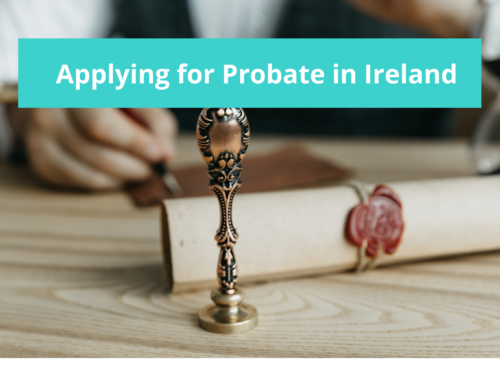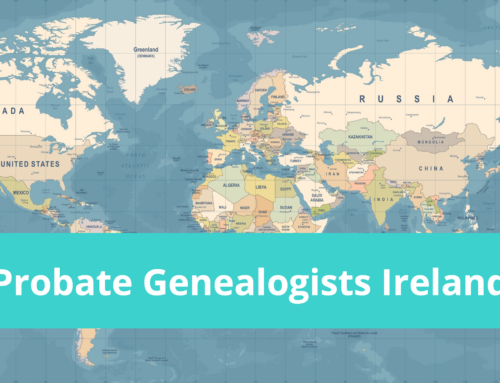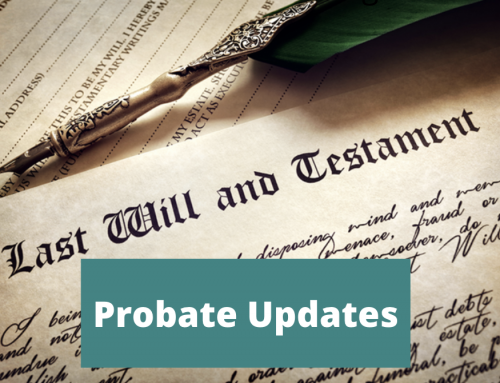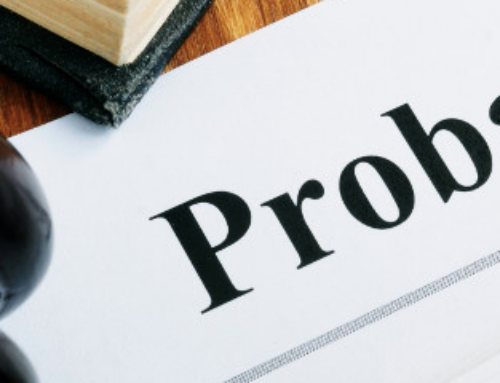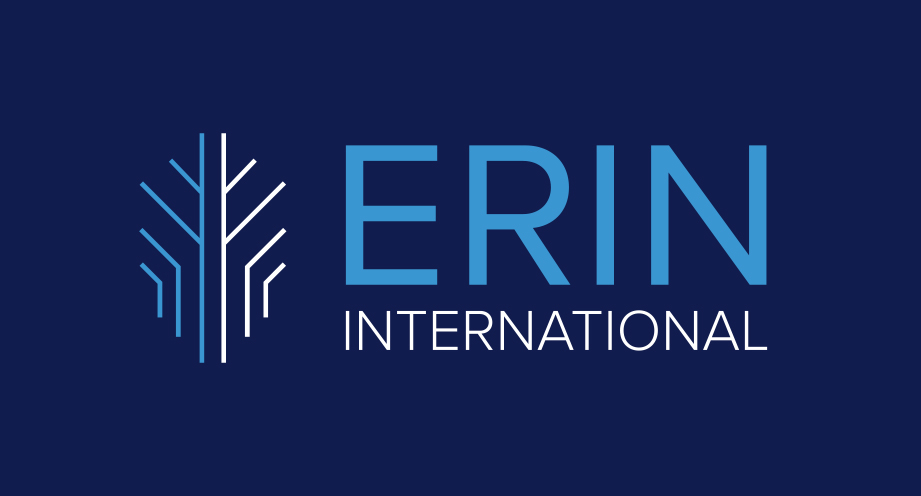
The Uses of Discretionary Trusts in Estate Planning
Trusts can be set up for a number of reasons and provide a useful tool and solution to complexities that may arise in estate planning. Ultimately an estate plan provides an orderly and tax efficient transfer of assets and wealth between individuals, typically to the next generation – i.e. from parents to children. An estate plan can also encompass some life time giving and a will that will deal with an estate, upon the death of an individual. This may include a plan for gifts, inheritance, and the taxation consequences that would arise.
Trusts are very effective in helping to protect both the assets and people involved. They may be used to:
- Protect family assets for future generations
- Allow funds to be managed on behalf of a person who may be incapacitated or unable to manage assets alone
- Provide funding for a specific purpose
- Reduce inheritance tax
Trusts are set up as a legal relation between the ‘settlor’, or ‘trustor’; the person that sets up the trust, the ‘trustees’; the people that manage and have responsibility for the trust and the ‘beneficiaries’; the people that benefit from the trust. A ‘trust deed’ sets out the legally binding rules of the ‘trust fund’, where the assets and wealth is gathered. The trustees manage the fund according to these binding rules and conditions.
There are many different types of trusts such as discretionary, fixed and lifetime trusts. In Ireland, discretionary trusts are most commonly used in estate planning due to the flexibility they provide. Unlike a fixed trust which is rigid and offers no flexibility, discretionary trusts have wide discretion as to how a trust is administered. This can be very useful as it can be difficult for trustors to plan for ten or twenty years’ time.
Trusts facilitate control over assets. Clients may be concerned about handing over control of their assets to their children, or they may want to put a structure in place, where the assets will pass at an appropriate time, but that time may not be just yet. In these cases, trustees effectively control the assets until such a time that it’s appropriate to appoint the assets to the beneficiaries. Discretionary trusts can act as a protective mechanism for both the beneficiaries themselves, as well as the assets involved.
Deed of settlement
A discretionary trust is usually established by way of a deed of settlement. A settlor will settle assets on the discretionary trust. The assets that are settled are held by the trustees upon the terms of the trust – the terms of the trust are set out in the deeds of settlement, until such time that they decide to exercise their discretion. Trustees have absolute discretion as to how the trust is administered. This is quite a wide power and so it is qualified by a non-binding letter of wishes written by the settlor, providing guidelines for the administration of the trust. Trustees should follow the wishes of the settlor unless they have a good reason not to.
Inheritance Tax
As beneficiaries don’t have any absolute or any fixed interest in the trust fund until such a time as assets are appointed out of the trust to them, for legal and tax purposes they are not deemed to be entitled to anything in that trust fund. This means that inheritance tax can’t arise until such a time that assets are appointed from the trust to them. This can be helpful in an estate planning context because assets can then go in to the trust and there will be no Capital Acquisitions Tax (CAT) due while assets sit in the trust. When a trustee decides to distribute something out of the trust to the beneficiaries, only then would those beneficiaries have a CAT liable in respect of the assets that they’ve received.
Capital Acquisitions Tax
Beneficiaries will pay CAT based on the rate that is in place at the time assets are distributed from the trust to them. This may be helpful in cases where an individual dies, leaves their estate to a discretionary trust, and by the time the beneficiaries receive their inheritance the rate of CAT had dropped significantly and the group threshold has gone up. Equally however, the opposite can be the case. The time that assets sit in trust also allows beneficiaries to seek advice on tax planning.
Discretionary Trust Tax
Discretionary Trust Tax (DTT) was introduced in Ireland because of the delay that discretionary trusts allow in paying CAT. DTT is an initial 6% charge on the value of the fund and this will arise whenever the assets form part of the trust fund; this could be on the day of settlement or on the death of the trustor. After this there is a 1% annual charge that arises on 31 December each year (excluding the year in which the 6% charge is due). These charges must be paid within four months. A partial refund of the 6% charge becomes available in circumstances where the trust is wound up and all the assets are distributed within five years.
Tax Exemptions
An exemption from DTT is available where a discretionary trust is established exclusively for the benefit of an incapacitated or improvident individual. Discretionary funds are commonly used by parents who have concerns about their incapacitated children and who want to provide a structure to ensure they are looked after in the event of a parent’s death. DTT can only be applied after the death of a trustor and when the youngest beneficial child of the settlor reaches the age of 21. This is helpful in cases where there are young children involved. An exemption is also available under Section 84 of the CAT act for any payments out of a discretionary trust which are used to discharge qualifying medical expenses. This preference should be included in the letter of wishes to qualify.

Use of Discretionary Trusts
- Parents who hold significant assets and have young children
Parents who have young children may set up a discretionary trust so that in the event of their death, their children do not receive and have to manage a large estate at the relatively young age of eighteen. Instead they may decide to push out the age of inheritance to an age when they feel the children will be mature enough to manage the estate. The discretionary trust also gives discretion to the trustees as to when the children will inherit. This will take account of a child’s future circumstances – so if for example, the trustees feel that one of the beneficiaries has not matured enough or has developed issues such as gambling or drug addiction, the trustees may keep the inheritance in trust, as it may do more harm than good, should it be distributed.
- Parents of children who lack capacity or are unable to manage their affairs
Parents who have children who lack capacity may set up a discretionary trust to ensure their child or children are looked after in the event of their death. In these cases, the trustees effectively step into the parent’s role. This can be very comforting for parents to know that their children will be well looked after in the event of their death.
- Parents of children who are in financial or marital difficulties
Discretionary Trusts can be used by parents whose children may have financial difficulties or martial difficulties. The trust structure can be used to protect against claims by creditors or by an ex-spouse and to provide flexibility for future inheritance. In some cases, the trustees may decide to ‘generation-skip’, to allow for grandchildren to inherit assets.
To view an expert webinar by Andrea McNamara of O’Connell Brennan Solicitors on The Uses of Discretionary Trusts in Estate Planning’ visit our webinar page.

